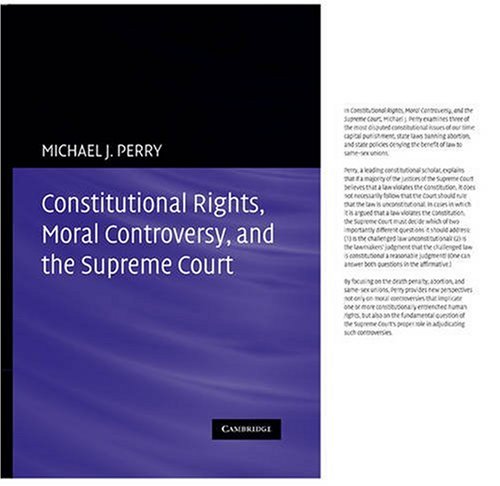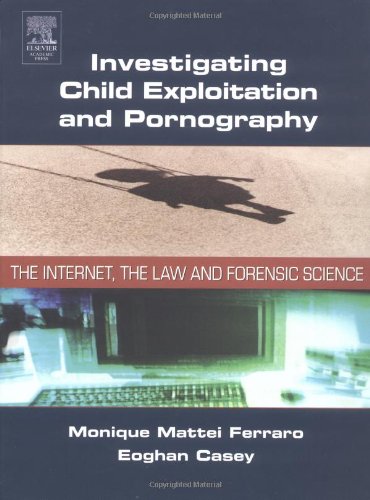Michael J. Perry0521755956, 9780521755955
Table of contents :
Cover……Page 1
Half-title……Page 3
Title……Page 5
Copyright……Page 6
Dedication……Page 7
Contents……Page 9
Acknowledgments……Page 11
Introduction: A (Partial) Theory of Judicial Review……Page 13
I. The morality of human rights……Page 21
II. From morality to law……Page 29
III. Why liberal democracies entrench certain human rights laws……Page 35
Addendum: What human rights does the United States Constitution entrench?……Page 42
CHAPTER TWO Constitutionally Entrenched Human Rights, the Supreme Court, and Thayerian Deference……Page 47
CHAPTER THREE Capital Punishment……Page 63
I. Originalism, yes; Scalia, no……Page 64
II. Significantly harsher than necessary?……Page 80
III. Not commonly used?……Page 91
IV. Should the Supreme Court rule that capital punishment is unconstitutional……Page 96
CHAPTER FOUR Same-Sex Unions……Page 105
I. The mandate of equal citizenship……Page 107
II. Do state refusals to recognize same-sex unions violate equal citizenship?……Page 120
CHAPTER FIVE Abortion……Page 143
I. Is it unreasonable to regard the good that bans on pre-viability abortions aim to serve as a genuinely public good?……Page 149
II. Is it unreasonable to think that bans on pre-viability abortions serve the public good in a proportionate fashion?……Page 169
CHAPTER SIX Thayerian Deference Revisited……Page 181
Postscript: Religion as a Basis of Lawmaking? Herein of the Non-establishment of Religion……Page 201
I. The central meaning of the non-establishment norm……Page 206
II. Does the non-establishment norm forbid government to affirm religious premises?……Page 210
III. Does the non-establishment norm, properly understood, ban religion as a basis of lawmaking?……Page 229
Index……Page 241







Reviews
There are no reviews yet.